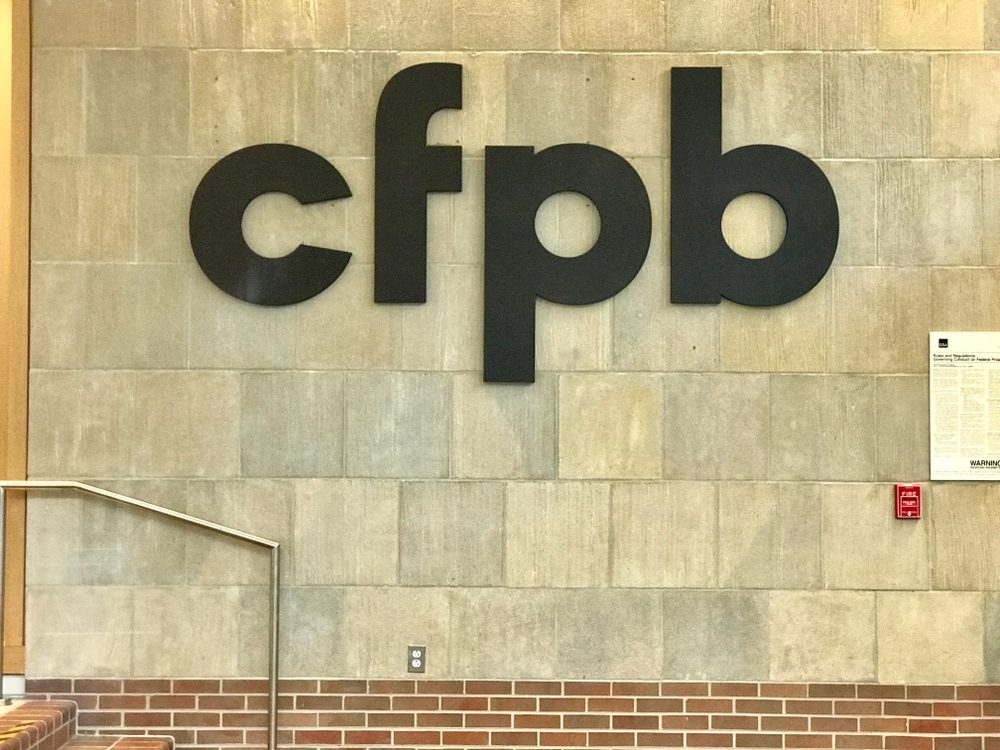Advertiser Disclosure: Many of the companies featured here provide compensation to us. This is how we maintain our free service for consumers. Compensation, along with hours of in-depth editorial research, determines where & how companies appear below.
The Consumer Financial Protection Bureau (CFPB) had filed a lawsuit in November against two Californian companies that offer student loans and debt settlement services. The complaint was filed in the state-federal court against Performance Settlement, Performance SLC LLC, and the CEO of the two companies.
The lawsuit filed by CFPB alleges that Performance SLC LLC had violated laws in charging fees from students for loan applications.
California residents have been racking up credit card debt, personal loans, student loans, and other unsecured debts at alarming speeds. Credit card debt in California alone exceeds $116 billion.

CFPB Complaints against Performance SLC, LLC
The CPFB lawsuit has named Performance SLC that had partnered with a third-party finance company, Equitable Acceptance Corporation (“EAC”), between 2015 and 2017 to provide loans to students. The company extended high-interest loans to the students for a fee.
A related company, Performance Settlement, was also mentioned in the lawsuit that offered the services of student loan application preparation. It prepared loan applications for students and passed it to the US Department of Education (DoE) for approval, for which a hefty fee was charged from the students.
The company also sent recertification paperwork to the US Department of Education a year or two after the acceptance of the debt relief application. The sales staff of the company solicited fees and signed up students by telephone.
The CFPB complaint alleges that the company had illegally charged fees ranging between $1,000 and $1,450 to students for filing paperwork with the US DoE for income-driven repayment plans, loan forgiveness, and loan consolidation. The federal education department does not charge any fees for loan applications.
Students who signed the loan agreement became the customers of Performance SLC. The loans were offered to students at a high rate of 17 percent to 22 percent for a period of three years. Students were charged thousands of dollars in addition to the interest and loan servicing fees.
Violation of Telemarketing Sales Rule (TSR)
The CFPB claims that Performance Settlement solicited applications for income-driven repayment plans, loan consolidation, forgiveness programs, and other debt-relief services related to the federal loans through a phone call.
The Electronic Code for Federal Resolution section 16 § 310.4(a)(5)(i) has deemed it illegal for telemarketers to request fees before the customer has agreed to alter or settle the debt terms and made at least one payment.
According to the Telemarketing Sales Rule (TSR), it is illegal to receive and request fees for the services of debt relief through a phone call before the customer has signed a debt relief contract.
The CPFB lawsuit alleges that students were asked for fees right after the enrollment of the debt relief program but before the changes in debt terms. The actions of the company to request advance fees from customers is in violation of the TSR. The Bureau also alleges that the company’s CEO violated the rules by the arrangement of trust accounts that were used to receive the advanced fees in violation of the TSR.
The sales agent of the company would request the fee from students that met the creditworthiness requirement. The company used a digital portal to convey financial information of the students to representatives of EAC.
CFPB Claims Failure to Disclose
The CFPB alleges that Performance Settlement and Performance SLC also did not disclose essential information regarding the debt relief funds. The companies had violated the TSR that required all telemarketers and sellers to fully disclose the terms of the debt relief services. It is essential to provide customers with the following information about debt relief before they are made to sign an agreement.
- The right to withdraw from the debt relief fund
- No penalty for withdrawing from the debt relief fund
- The right to receive all funds in the account excluding the debt relief fees
The Bureau alleges that the companies did not clearly explain to the students that they own the trust funds.
Violation of the Consumer Financial Protection Act (CFPA)
The CFPB has also alleged that the student debt relief companies had violated the rules of the Consumer Financial Protection Act (CFPA).
The CFPA was introduced in 2010 to regulate the practices of banking and non-bank financial service providers.
According to the Bureau, Performance Settlement and Performance SLC engaged in deceptive acts in violation of the CFPA. The companies did not advance any loans. But they made decisions about the acceptance and rejection of the applications for loans in violation of the laws.
The owner of the company also engaged in deceptive practices through the development and endorsement of deceptive marketing practices in violation of the CFPA laws. The CEO of the company was alleged to have assisted in encouraging sales staff in soliciting services without disclosing the important information. His company requested fees for the services of obtaining loan offered by a third party loan services.
Moreover, the company required customers to make payments into an account that was established for this purpose. Under both these methods, the company charged hefty fees from the customers for the loan application, modification, and debt settlement services.
Deceptive Practices
Trust Plan students were confused about the loan payment plans. They believed that the payment went towards their student debt relief and that after the end of the term, the loan would be forgiven. However, Performance SLC had made the trust accounts only for payment of the fees. The students had to make additional charges of at least $150,000 through the trust fund.
Performance SLC did not provide any document that informed customers about the details of the trust fund. While the company had terminated the relationship with EAC in 2017, students were forced to pay the fees.
Between 2016 and 2019, the CFPB argues that Performance SLC’s loan and Trust Plan customers had paid fees of about $9 million, including the interests. The owner of the company was alleged to have participated in making policies, decisions, and deceptive practices in charging fees for student debt relief services. He knew the illegal practices of the sales personnel in soliciting advance fees from customers through the phone.
Based on the allegations, the CPFB had asked, among other things, that the company and the owner to redress the students, provide injunctive relief, and pay penalties for violation of the TSR and CFPA regulations.




